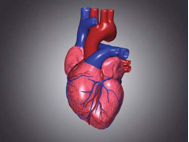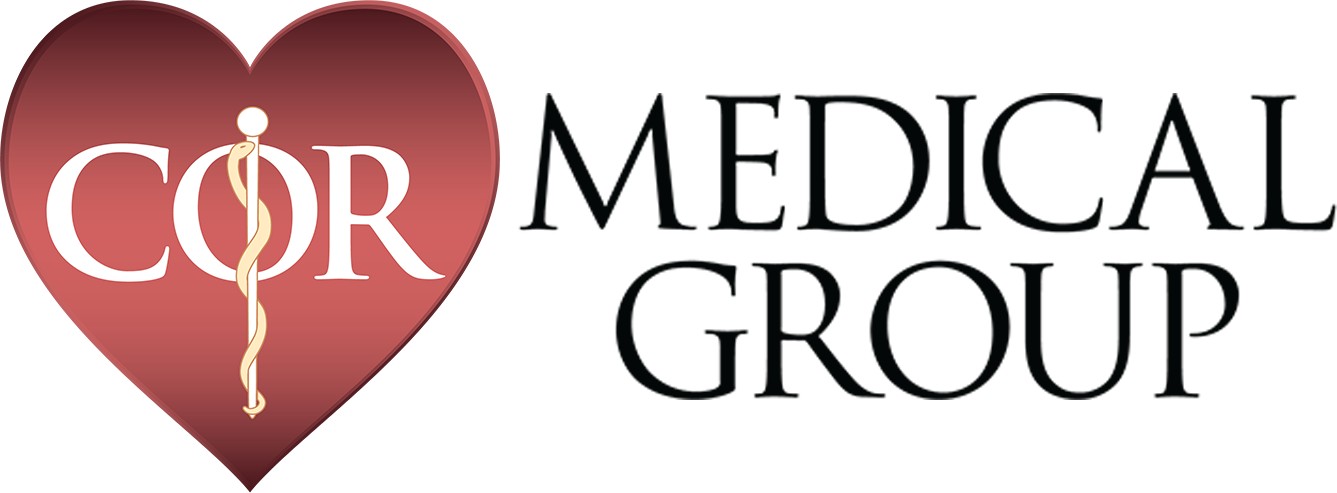Heart Failure
Heart failure (congestive heart failure, CHF) is a condition caused by a weakening of the heart muscle that prevents the heart from pumping efficiently. In general, heart failure is a chronic condition where the heart does not pump blood adequately enough to meet the body’s needs. That causes symptoms such as fatigue, breathlessness and fluid build-up in the legs and feet. Heart failure can be due to various diseases that affect the heart. These include coronary artery disease, which can weaken the heart muscle because not enough blood reaches it, and uncontrolled high blood pressure, which stresses the heart muscle by requiring it to beat against higher pressure over a long time.
Abnormal heart valves that do not fully open or have significant leaking can also make overwork the heart for a long time. Other diseases that make the heart have to work harder, such as anemia, diabetes mellitus, lung disease and thyroid disease, also cause heart failure. Once heart failure occurs, the body may respond by producing hormones and chemical substances that try to get the heart to beat stronger but, in fact, worsen the condition, instead of improving it. Congestive heart failure is a progressive disorder that must be controlled not only by treating the heart, but also the circulation, the lungs, the neuroendocrine system and other organs. If there are other conditions present, such as abnormal kidney function, hypertension, vascular disease or diabetes, it can be even more difficult to treat.
In systolic heart failure, the heart’s left ventricle (the main pumping chamber) cannot contract strongly enough, and people with this form of heart failure have a reduced ejection fraction.
In diastolic heart failure – also known as heart failure with preserved ejection fraction (HFpEF) – the left ventricle doesn’t relax enough between contractions, which means it cannot fill up with as much blood as it should. But the heart’s ejection fraction is actually normal or near normal.
Diastolic heart failure is trickier to diagnose, and doctors know less about how to best treat it.
Click here for an infographic on heart failure
It is estimated that almost 5 million Americans suffer from heart failure. The prevalence of cases of heart failure almost doubles with every decade of life. Since people’s life expectancy is increasing, the cases of heart failure are increasing too. Even when there are no symptoms or when these are under control, deficient heart function reduces survival. Imaging of the heart to determine any structural abnormalities such as leaking valves and the overall functioning of the heart is most commonly done with echocardiography, or an ultrasound of the heart. There are many actions that can prevent or treat congestive heart failure and improve the results.
Symptoms of heart failure
Congestion due to fluid
As the heart becomes less efficient and pumps less blood, the body produces hormones and chemical substances that make the kidneys reabsorb the liquid to increase the blood volume. The greater liquid retention in fact makes the heart work harder and could aggravate the heart failure. The heart cannot pump the excess blood volume and the excess liquid accumulates, which increases the pressure on the blood vessels that take the blood back to the heart. If the pressure increases enough, the liquid goes from the blood vessels toward the body’s tissues. When the pressure increases on the right side of the heart that receives the blood from the body’s tissues, the liquid is deposited in the peripheral tissues, causing edema (swelling). This swelling generally occurs in parts of the body that are below the level of the heart, so what is most common is for the legs and feet to swell. If the liquid accumulates behind the left side of the heart, which receives the blood back from the lungs, then pulmonary edema occurs, which is an accumulation of liquid in the lung tissues. This causes symptoms such as cough, often accompanied by pink or bloody mucus, and shortness of breath. Not all swelling due to liquid retention is due to heart failure.
Less blood flow to the body:
When the heart loses the ability to pump blood efficiently to the organs and tissues, clinical symptoms do not always appear. The first symptoms may include unusual fatigue or lack of energy. The symptoms may occur only during exertion. The heart rate may increase even at rest. Deficient blood flow to the digestive tract may cause nausea and lack of appetite. Lack of blood irrigation to the brain may cause confusion and memory loss. In advanced heart failure, many tissues and organs may not receive the oxygen they need to function at rest.
For more information on symptoms of heart failure, please click here.
Treatments for heart failure
Most cases of heart failure are due to damage to the heart over years and cannot be completely cured. However, the symptoms can be treated and a better quality of life achieved. This requires a joint effort between the patient and those
in charge of his care and treatment, including family members. The treatment has many facets and requires great effort for it to work. Without the commitment to make significant lifestyle changes and careful medical monitoring, it is much less likely that the treatment will be successful.
Lifestyle changes:
Changing lifelong habits may be extremely difficult. To achieve effective treatment of congestive heart failure, the patient must change his eating habits. They must eat a diet with little fat and very little sodium (salt). They must limit or completely avoid the consumption of caffeine, and they must limit the consumption of alcohol to usually no more than one drink three times a week. Regular exercise has shown to be beneficial for patients with congestive heart failure. It helps to reduce fatigue and shortness of breath, reduce weight and reduce blood pressure and cholesterol.
Losing weight reduces the effort that the heart has to make and the symptoms as well.
Patients who smoke must stop.
Patients with congestive heart failure must go to the doctor regularly. Remember that the treatment of this disease is a team effort, so that it is essential to inform the doctor if any symptoms or problems appear. It is also important to take the medication and inform the doctor if you have side effects.
Medications:
Most people with heart failure take various medications that work in different ways. Some help improve the circulation, strengthening the heart muscle’s pumping action. Others dilate the blood vessels, which reduces the pressure against which the heart pumps. Others instead reduce the amount of water and sodium in the body, which in turn reduces the effort that the heart has to make. Patients must keep a record of their prescription medications and follow the instructions about how much they should take and when. Various medications, including angiotensin II receptor antagonists, beta-blockers, aldosterone antagonists, and ACEIs have shown to produce long-term clinical benefits in patients with heart failure. Through heart function tests and monitoring of the symptoms, the doctor will know which combination of medications is best in your case.
Surgery:
If the heart failure is due to blockage in the coronary arteries (coronary artery disease), heart bypass surgery (or coronary angioplasty) can improve the symptoms of heart failure by improving the flow of blood to the heart muscle. If the heart failure is serious and other treatments don’t work, the best option for you might be a heart transplant. However, the wait for a suitable donor may be long and many patients do not manage to find a donor. Currently, other surgical alternatives are being studied. Ask your doctor what the best alternatives are for you.
For more general information on heart failure, please click here.
For more information on treatments for heart failure, please click here.
Click here for a printer friendly version of this article.
Written by and/or reviewed by Mark K. Urman, MD and Jeffrey F. Caren, MD
Last updated: 09/25/2013
PLEASE NOTE: The information above is provided for general informational and educational purposes only and should not be used during any medical emergency. The information provided herein is not intended to be a substitute for medical advice, nor should it be used for the diagnosis or treatment of any medical condition. Accordingly, it should not be relied upon as a substitute for consultation with licensed and qualified health professionals who are familiar with your individual medical needs. Call 911 for all medical emergencies. Links to other sites are provided for information only – they do not constitute endorsements of those other sites. Please see Terms of Use for more information.



